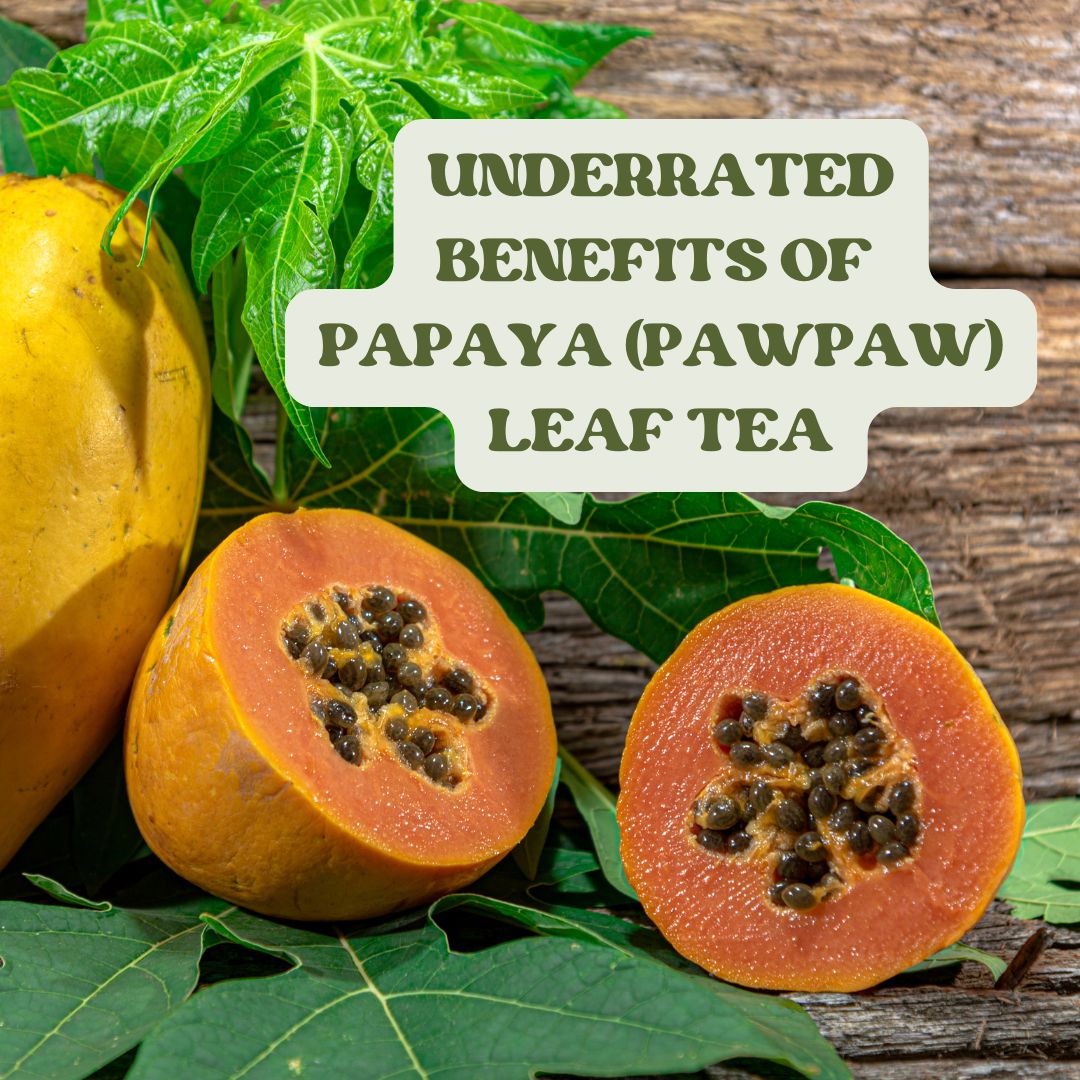Your Cart is Empty
This is the perfect tea strainer I need more to give as cute gifts !
Hi Annie!
Thank you so much for the lovely review – we’re thrilled to hear you love the tea strainer! It really does make the perfect little gift. 😊 If you ever need help choosing blends to pair with your gifts, we’re always here to help. Enjoy your tea moments!
Tea tastes ok. and is too expensive for that small amount
Hi Tasha,
Thank you for your honest feedback – we really appreciate you taking the time to share your thoughts. We’re sorry to hear the Bondi Acai Berry Tea didn’t quite hit the mark for you. We always aim to offer top-quality organic blends, but we understand that taste and value can be personal. If you'd like, we’d be happy to recommend another blend that might suit your preferences better.
⭐⭐⭐⭐⭐
Thank you so much for the 5-star rating! 🌟 We're so glad you're happy with your experience. If you ever have any questions or want to try something new, we’re always here to help with your tea journey!
Tea taste has an enjoyable flavour. I'm not sure about the title of the tea, being slim tea & all. I guess if oneself drinks only tea for a couple of days, it will bouth so slim down.
Hi Tasha,
Thank you for your honest feedback on the Bondi Slim Tea 28 Day Detox We're glad you enjoyed the flavour! This blend is designed to support healthy digestion, reduce bloating, and gently promote natural detoxification — especially when paired with a balanced diet and lifestyle. Results can vary depending on your unique body, but many customers find it helps them feel lighter and more energised.
We appreciate you giving it a try and welcome you to reach out if you have any questions or would like personalised tips on getting the most from your tea program!
Warm regards,
The Bondi Beach Tea Co. Team
Bondi Organic Paw Paw/Papaya Leaf Tea
Hi Henry,
Thanks so much for the 5-star review! We’re so glad to hear you’re enjoying the Bondi Organic Paw Paw / Papaya Leaf Tea — it’s a popular choice for those looking to support immune function and overall wellbeing
We appreciate your support and look forward to sending more wellness your way!
Warm regards,
The Bondi Beach Tea Co. Team






